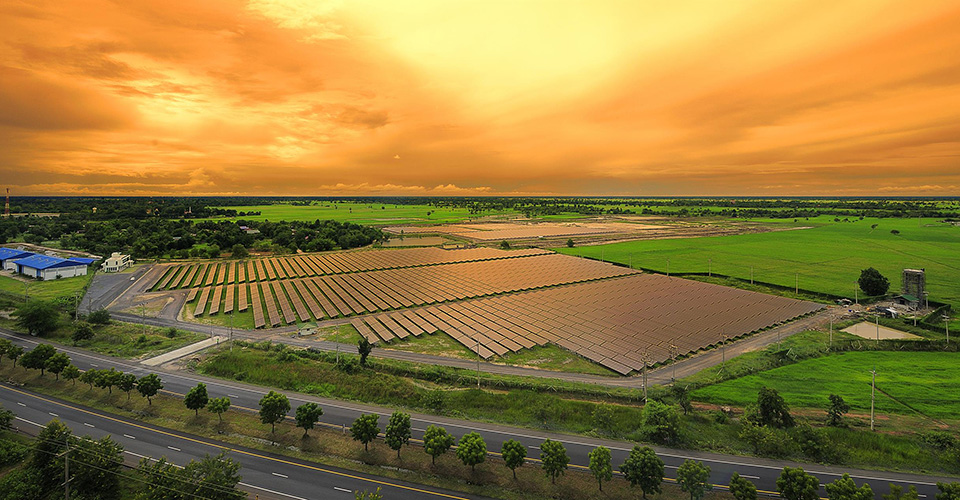
In a recent Q&A with Recharge News, Chris Ahlfeldt provided his thoughts on the future of South Africa’s utility-scale renewable energy sector now that the PPAs from Rounds 3.5 and 4 of the Renewable Energy Independent Power Producer Procurement Program (REIPPPP) have finally been signed:
Question 1. With the PPAs signed, what does South Africa need to do next to get its renewables program back on track? Are international investors likely to be easily persuaded that the issues that led to the hiatus – whether political or Eskom-related – won’t recur in future.
Investors should track South African government’s progress at reforming Eskom and revisions to the updated Integrated Resource Plan (IRP) to best predict their long-term commitment to the renewable energy industry.
PPAs depend on a reliable and financially stable off-taker, so a major priority for the new president and his administration is to reform Eskom. Eskom is still struggling financially and from poor governance which led to a recent credit rating downgrade. Some changes have already been made with Eskom’s leadership including a new board, but more work is needed to stabilize its finances without significantly increasing customer tariffs, which have already gone up over 300% during the past 10 years. Re-introducing market reform legislation like the 2012 ISMO Bill to simplify Eskom’s role to focus more on transmission and distribution and less on generation will also help to reduce the utility’s conflict of interest with its own generation fleet and that of IPPs.
An updated IRP that uses updated cost data and accounts for future price reductions from renewable and storage technology will also provide more clarity to international investors on the government’s commitment to the renewable energy sector.
Recent tariff increases by Eskom have contributed to increased efficiency and generation from roof-top solar PV as customers look for less expensive alternatives, so investors should also target opportunities in the customer efficiency, generation, and storage market if they want to hedge their risk in the utility-scale market.
Question 2. What’s your overall assessment for the prospects for growth of the big two renewables sources, wind and PV, in the SA market over the next five years?
Given that solar PV and wind are two of the cheapest utility-scale generation options for South Africa, the prospects for both these two industries look promising.
A 2016 least-cost electricity analysis from the CSIR estimates South Africa would need to double its installed capacity to meet energy demand by 2030 and that most of this new capacity would come from utility-scale wind and solar PV projects. That means ~32 GW of wind and solar PV still need to be procured in South Africa over the next decade to keep-up with CSIR’s projected demand. This estimate excludes the ~5.6GW of solar PV and wind already procured as part of Rounds 1-4 of the REIPPPP.
South Africa’s energy minister said he plans to release the revised Integrated Resource Plan for South Africa very soon which will provide more clarity on the near-term generation opportunity for IPPs. He also has yet to provide much detail on the future of the expedited Round 4, which in my view should be re-bid as prices for the wind and solar PV industry have changed significantly since the proposals were submitted a couple years ago. The South African government could still give bidders that participated in the expedited Round 4 priority over new bidders through, for example, the ability match the lowest bids in a rebid process. Regardless of the approach, further clarity from the energy minister on the future of the REIPPPP is needed to understand how South Africa’s utility-scale procurement approach may change going forward.
To read the full article by Recharge News on this topic please go to: http://www.rechargenews.com/transition/1484781/renewables-back-on-the-move-in-south-africa-as-impasse-ends
